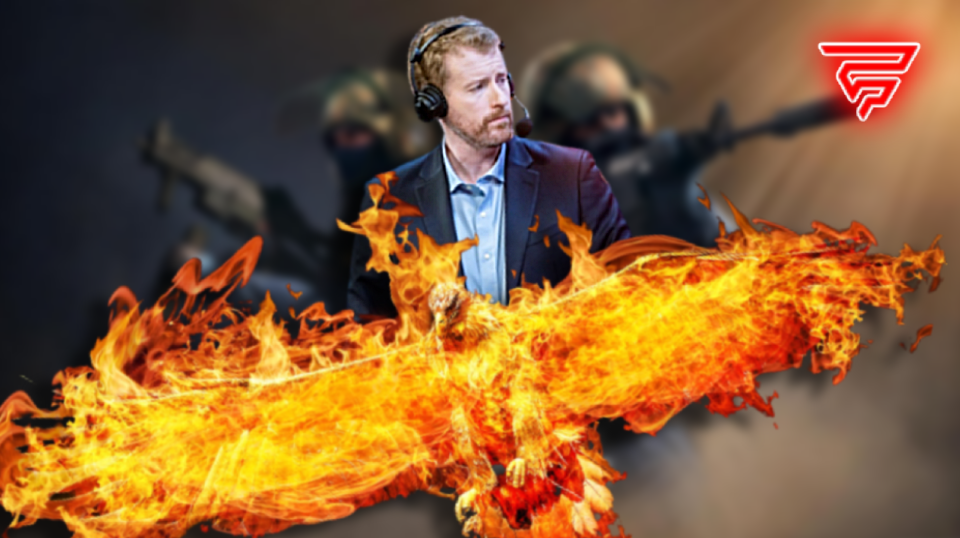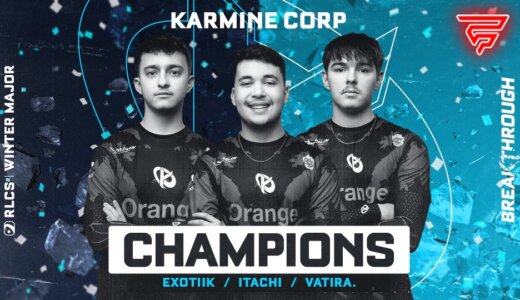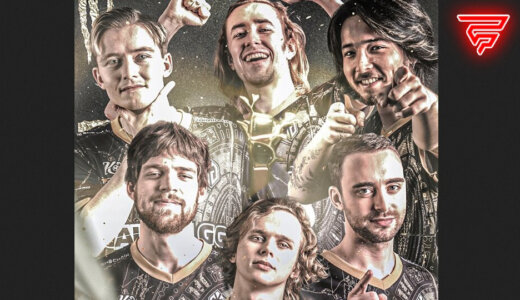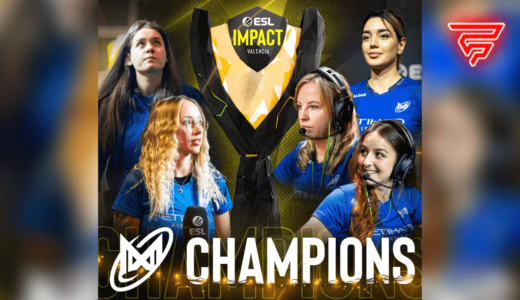A theme that keeps coming up but never really gets addressed is how success in esports changes people. In this opinion piece, we look at how people might lose touch with reality and slowly get on their high horses in the high-altitude air of the high-flyer.
Just yesterday, the British esports journalist and broadcast analyst Duncan ‘Thorin’ Shields made a controversial statement, saying that Gabriel ‘FalleN’ Toledo was the most overrated player in CS:GO history.
Meanwhile, FalleN is one of the most decorated players in CS:GO, with many great achievements and prestigious titles on his account.
FalleN is the most over-rated player in the history of CS:GO. Has never even been the best player on any line-up but people try to make it sound like the guy was Zidane.#PGLMajor
— Thorin (@Thorin) May 12, 2022
The best CS:GO player in the world, Aleksandr ‘s1mple’ Kostilev, followed with an expressive comment, disagreeing with the statement. After a brief exchange of blows, s1mple was blocked by Thorin.
This incident has once again reminded us how, in some cases, success obscures the influencers of the scene, as well as the development that entails great dangers for esports journalism and the well-being of the respective scenes.
this is gold pic.twitter.com/2Bx1Zockg4
— Trisa Triceps (@TrisaTriceps) May 12, 2022
How does the loss of reality come about?
Of course, this phenomenon is not unique to esports. However, in the gaming and esports world, it’s easier to observe how quickly something like this can happen. Especially since it’s a way smaller scene than Hollywood, for example. The fundamental problem is the respective “echo chambers” that arise on social media. Let’s start at the beginning:
- A person creates content
- This content reaches interested parties
- These people share the opinion of the creator
- This creates a fan community
- The content creator receives positive feedback
- Creates more content like that
- Grows and grows within the circle of interests
- Achieves greater relevance in the scene
- Rides the wave of success
- People outside of the fan community involuntarily come into contact with the content
- These people give more objective feedback
- Feedback is becoming more mixed than before
- The greatly increased ego of the creator is thereby attacked
- Content creator reacts in a defensive way
- This is followed by the denial of the opposite opinion
- Critics are “haters” and will be discredited
- Self-reflection by the fan community and support is turned off
- Statements and opinions are becoming more and more extreme
This vicious circle applies not only to regular content creators, but can also apply to players, analysts, casters, or journalists (or those who call themselves that). In extreme cases, creators even recognize that polarizing statements naturally receive more attention than an objective opinion.
Similar systems are then used again and again to trigger the fiery conversation and thus stay relevant. This can take on the same proportions as in the case of Thorin or can be relatively subtle, like over-criticizing trifles and hyping up trivial issues.
FalleN is the most over-rated player in the history of CS:GO. Has never even been the best player on any line-up but people try to make it sound like the guy was Zidane.#PGLMajor
— Thorin (@Thorin) May 12, 2022
Dangerous dynamic for the scene
When creators stay grounded and in control of their ego, they grow more slowly but ultimately become community pillars whose presence can add value to broadcasts and create positive momentum, similarly to Sjokz in League of Legends, or Anders Blume in CS:GO.
However, something like that can’t be expected from the “polarizers” caught in the echo chamber, because they often don’t actively contribute to the development of the industry, but rather bash people who get involved. Moreover, from the perspective of the polarizer, it could be risky to take something into their own hands, because then they would have to reckon with the same harsh criticism as they practice on others. Surely, it’s much easier to do nothing and just hit on the outside.
What emerges from this is a dynamic that causes positive industry actors to become more passive and in some cases even withdraw completely.
Optimistically, the polarizers will sooner or later all shoot themselves out. At some point, they will just attack anyone and everyone until no one wants to stay in their echo chamber anymore. Alternatively, they will be canceled by the neutral majority once the community’s cup is filled.
FalleN is the most over-rated player in the history of CS:GO. Has never even been the best player on any line-up but people try to make it sound like the guy was Zidane.#PGLMajor
— Thorin (@Thorin) May 12, 2022
Criticism is important
Not to say that criticism, or sometimes even hate, doesn’t have its place in the scene. However, it always depends on how and by whom it is practiced. When someone like Thorin shoots at FalleN and s1mple, both of which are undoubtedly incredibly important to the development and future of CS:GO, it shows helpless and desperate thrashing by someone who has lost touch with the scene due to his countless blunders, publicly revealing his desperation on Twitter.
Reach at any cost
His ego, however, seems to be too big to admit this. Instead, he remains stubborn. This lack of self-reflection can not only be observed internationally but everywhere, be it in the Twitch community, CS:GO, League of Legends, as well as in smaller esports scenes. Theoretically, Thorin’s name in this text could be replaced with others without having to change it.
A few years ago Thorin claimed that FalleN is the best IGL (in-game-leader) in the world.
Conclusion
Observe your own favorite players, creators, and journalists and peek behind the curtains. It may seem cool when someone is savage, but what’s the motive for doing that? If this becomes the nature of the public persona, they should definitely get a reality check like Thorin got from s1mple nad other esports figures.







